Liver transplants accord a new lease of life

Latest treatments and procedures of liver diseases
Liver is one of the biggest organs, and constitutes the largest gland in the body. Its size also speaks about its vital role, and its need for continuous blood supply.. The liver’s reddish colour owes itself to its immense blood supply, as there are a host of arteries that supply blood to it. Primarily, the liver aids in digestion of food, and breaks down large food particles into smaller ones. Liver produces bile juice that helps in digestion, and helps to store vitamins, fats, proteins and minerals.
Importantly, liver aids in blood clotting, and eliminates poisonous substances present in the body. Damage to the liver and its bleeding may result in death of the affected. Liver is described as the chemical factory of the body. Its special feature is its ability to regenerate its cells, which is unique to only liver. In the recent times, new and innovative treatments and procedures have enhanced liver’s condition and performance. Even the severely diseased and affected livers have been receiving effective treatments.
What causes liver damage?
Too much intake of alcohol and high-fat foods, neglect of blood pressure, taking medications without proper prescription, suffering from Hepatitis and hereditary diseases, cancer and sedentary life style, non-practice of safe coitus, following no safeguards during blood transfusion, and using the same needle by multiple users may all accumulate to cause liver infection and disease.
Symptoms are not clear at the early stages
It is very difficult to identify liver diseases, which leads to a condition where people are ignorant of liver problems, until it is too late. This is due to the liver’s ability to fight diseases and replicate cells to stay healthy. There is no pain or abnormality of the liver till the condition becomes severe. The symptoms of an infected liver include, vomiting blood, swollen feet, and lower count of white blood cells is also seen. At this stage, proper treatment can ensure the health of the liver. However, during the course of treatment, if regressive habits are continued, the condition of the liver will deteriorate further, with no scope for recovery.
Tests and diagnosis to know the health of the liver include Liver Function Test (LFT), CT Scan, Endoscopy, and blood tests.
What are the treatments for liver diseases?
The treatment depends on the stage of the liver disease. If the liver is completely diseased, and unable to carry out its functions, only transplant is the way out.
What is the need for transplants?
Non-function of different organs of the body like heart, lungs, and kidneys would result in severe repercussions for the body. This becomes all the more relevant, as no one organ can function like the other. Liver does nearly 500 different functions and no organ can displace it. If the liver fails, there is no way but to transplant a healthy one for the diseased. However, the success of liver transplant depends greatly on the availability of the donor, and compatibility of the donor’s liver.
Unique features of the liver
Liver is the only organ in the body that can help itself to grow. Not just 25 percent, but the whole liver can be re-made effectively. However, the health of the liver cannot be a matter of neglect. Before the liver’s functional condition moves from bad to worse, efforts should be made to enhance liver’s health. Even when 70 percent of the liver is diseased or damaged, still liver continues to work. Liver is the only gland which can long for an individual’s life time.
Usually, 20 – 25 percent of the liver is extracted from the healthy relative donor and transplanted to the recipient. Because of the liver’s strong regenerative capacity, the liver re-grows in the donor and the receiver.
Cadaver liver transplantation
When the liver is taken from a brain dead person, and transplanted to the recipient it is called cadaver liver transplantation. When there is a condition of complete liver failure, the cadaver liver is transplanted.
Who can donate the liver?
Anyone who is completely healthy can donate a part of their liver. Those related by blood / same family member can donate their liver for transplantation. By donating their liver, the donor will not face any health problems in the future. It takes 6 – 8 weeks for the donor’s liver to achieve normally. The donor needn’t use any medicines, and lead a normal life like any other person.
Post kidney transplantation stage
After the kidney transplant, the recipient may confront the challenge of organ rejection. The body considers the new organ as a foreign body and tries to eliminate it from the body. The body’s resistance triggers off, and fights with the new organ. Doctors prescribe immuno-suppressive medications to ensure acceptance of the transplanted organ. In the post liver transplantation phase, the doctor’s supervision and close observation of the affected is very crucial. There is every need for taking the right medications under the guidance of the expert doctor as part of the treatment in the long-run.
Who can avail liver transplant?
Organ compatibility is a major issue in liver transplantation. There are two hurdles to liver transplantation. One the availability of blood relationships or the brain dead with their readiness to donate their liver. Second, the compatibility of the liver from live or cadaver donor with the recipient’s. The success of each liver transplant depends on tests and diagnosis that are very deciding.
Where should one avail liver transplantation?
Hospitals which have latest equipment and adhere with innovative procedures are most suitable for liver transplants. Liver transplantation is a complicated process that demands experience and expertise of transplant surgeons, aestheticians, hematologists and trained staff. Infrastructure facilities should include operation theatre, ICU, liver intensive care unit, blood bank, and advanced laboratory for early diagnostics. Only hospitals with experienced doctors and advanced infrastructure can assure success for each liver transplantation.
Protect your liver
The food and drinks we take, and our exercise regimen are very important for the liver’s health. Needful steps should be taken to keep the liver healthy. Some symptoms of liver diseases include loss of appetite and indigestion, changes in the sugar levels of the blood, allergy, and psoriasis. The liver can be protected by avoiding alcohol, doing regular exercise, taking healthy food and practicing safe coitus.
Fatty liver affects the condition of normal liver. During fatty liver condition, alcohol should be completely avoided. The body-mass balance should be maintained. The height and weight of the person should match, and safeguards should be taken while undergoing blood transfusion. By timely vaccination, hepatitis can be avoided. Medications, especially steroids should be used as per the directions of the consulting doctor. Any attempts at self-medication should be totally negated.



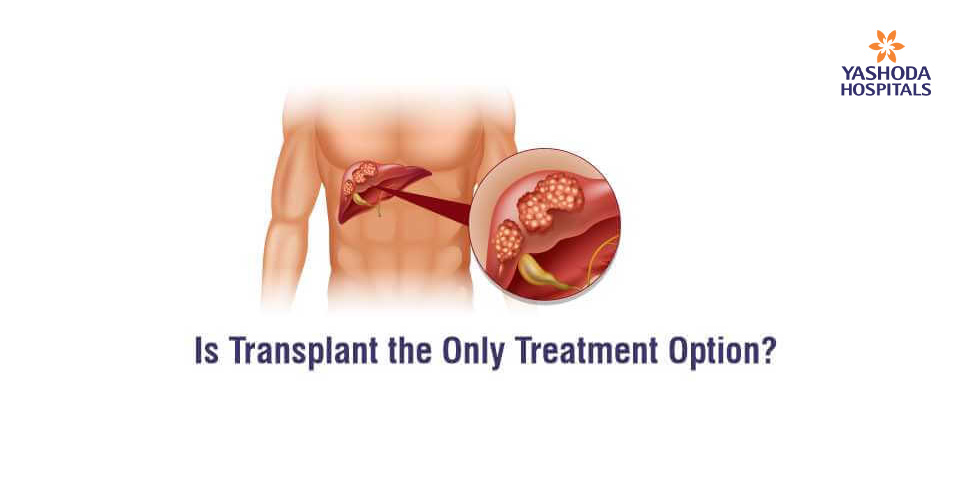
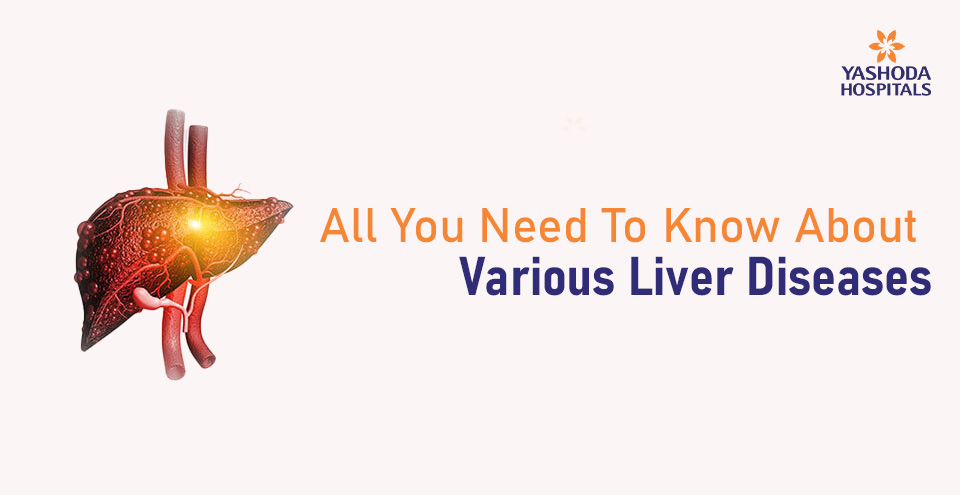
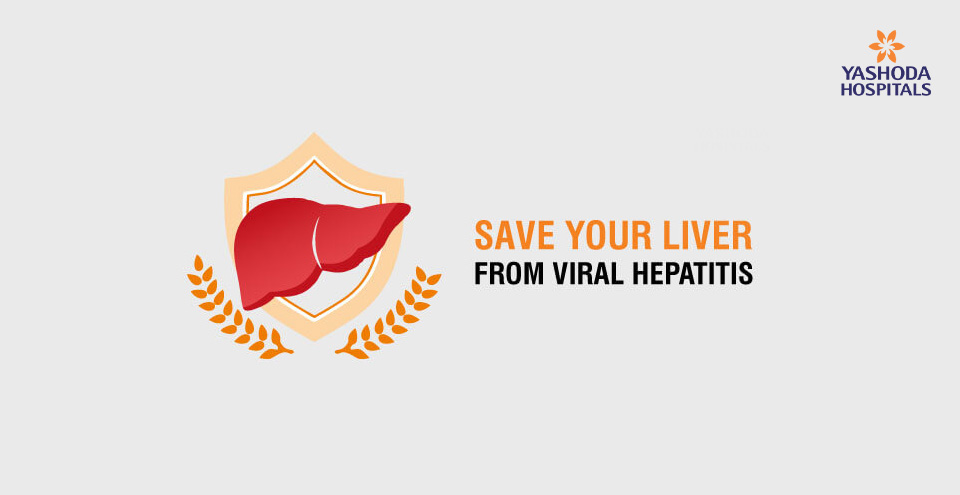

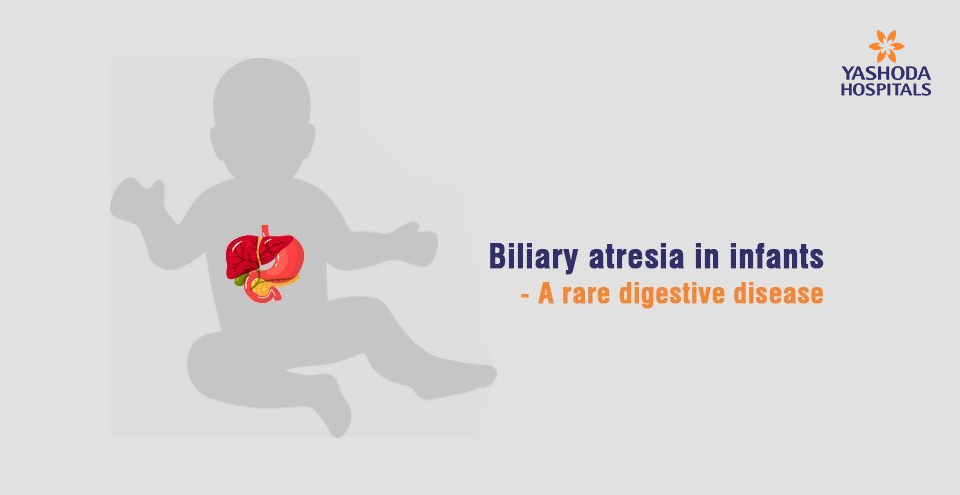
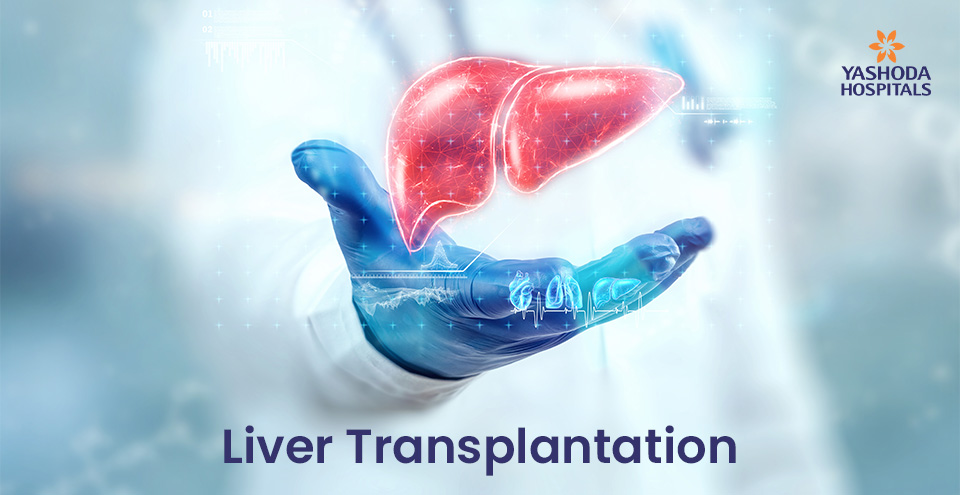
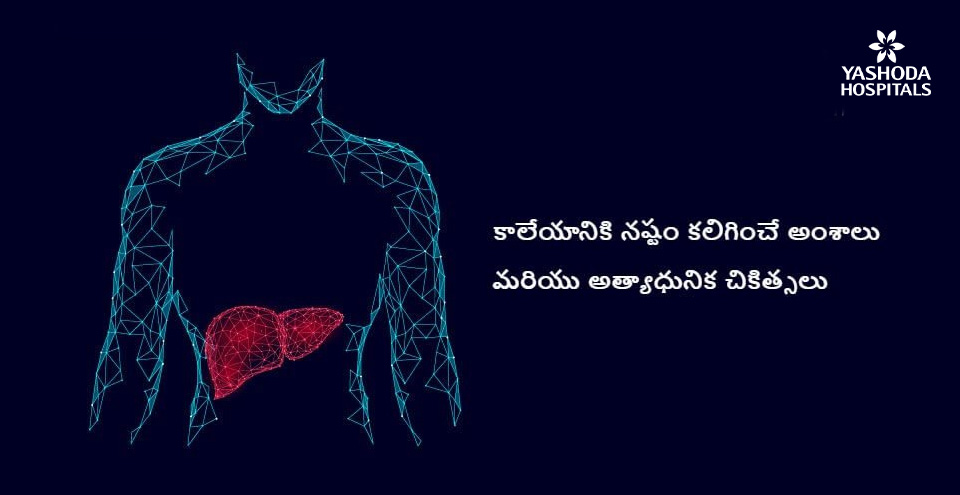

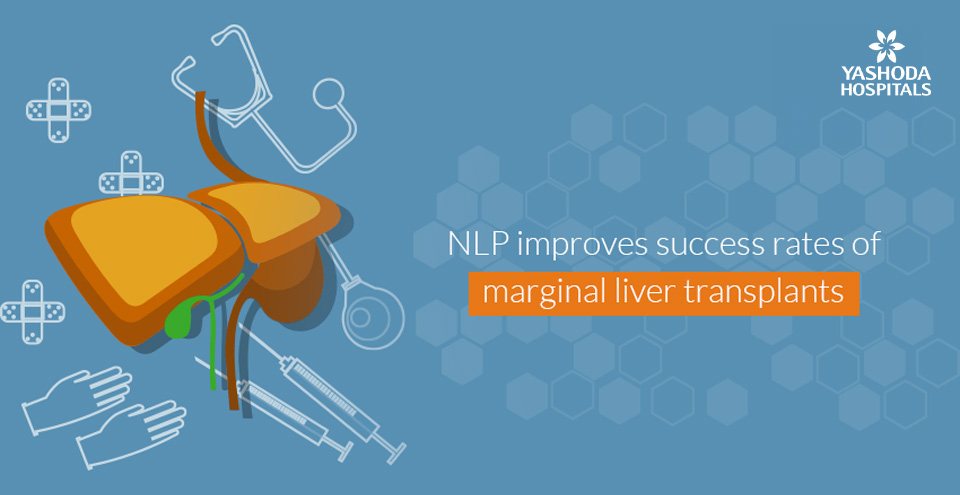
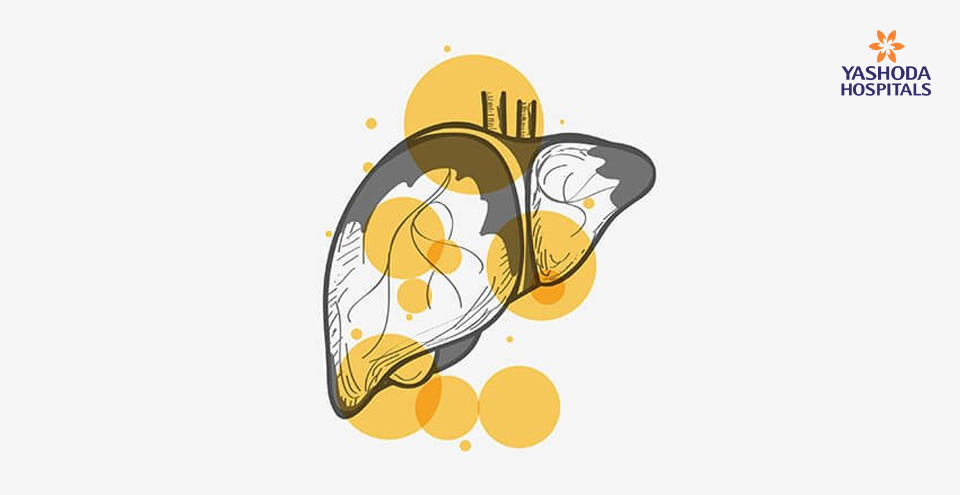
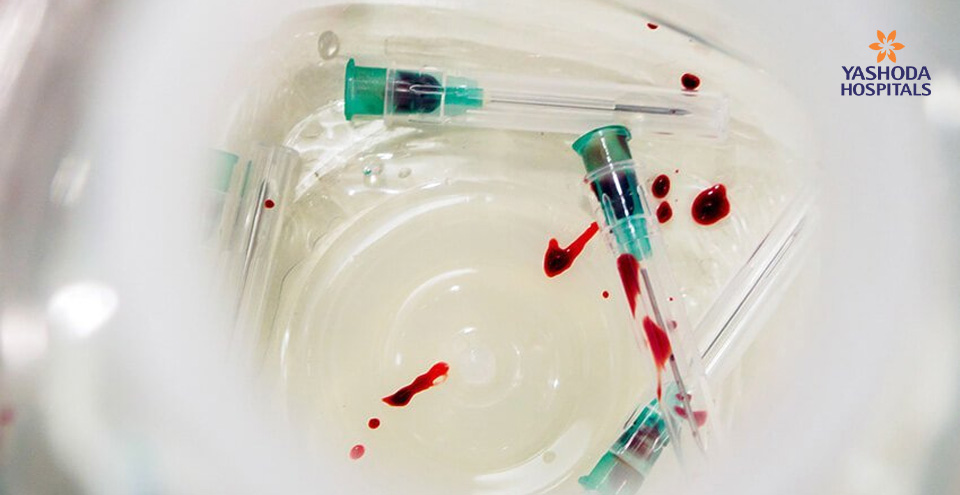
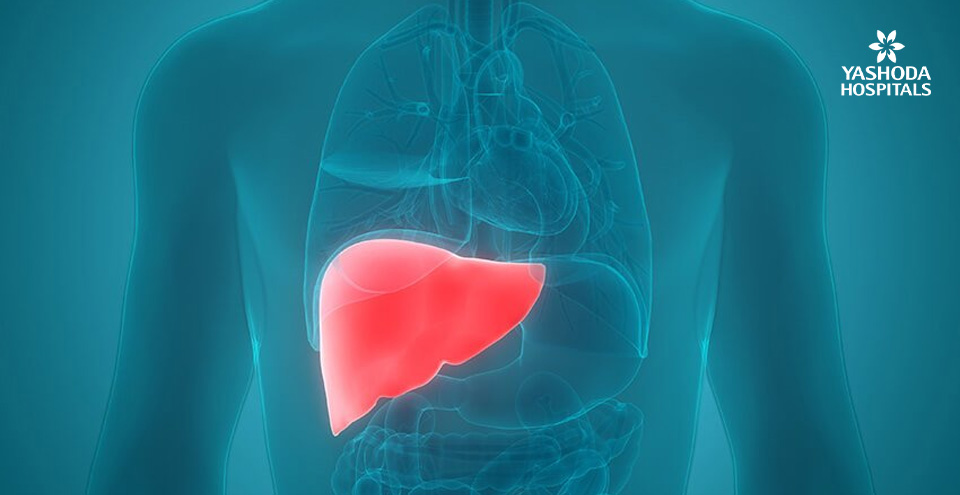
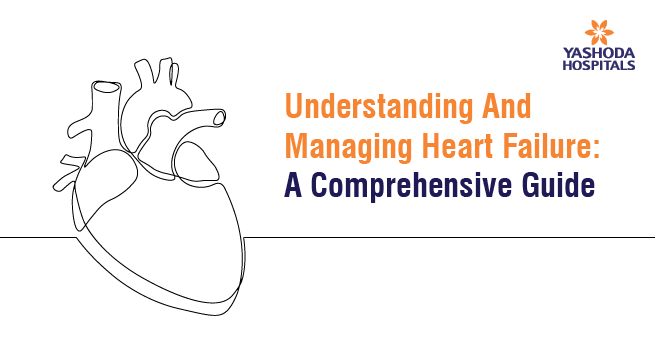
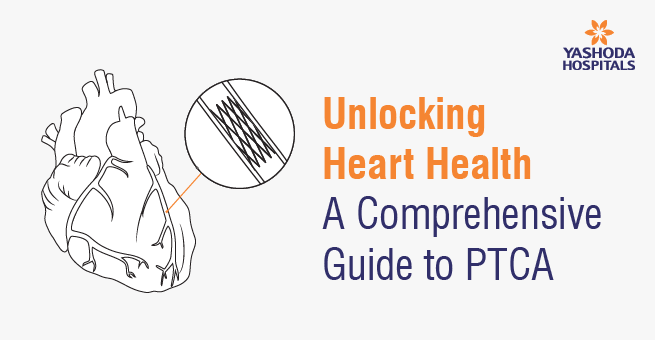
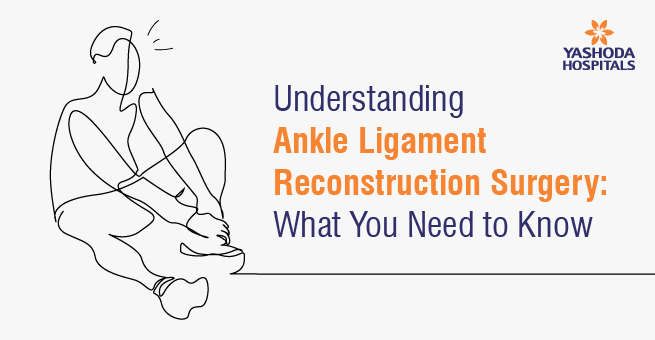


 Appointment
Appointment Second Opinion
Second Opinion WhatsApp
WhatsApp Call
Call More
More





